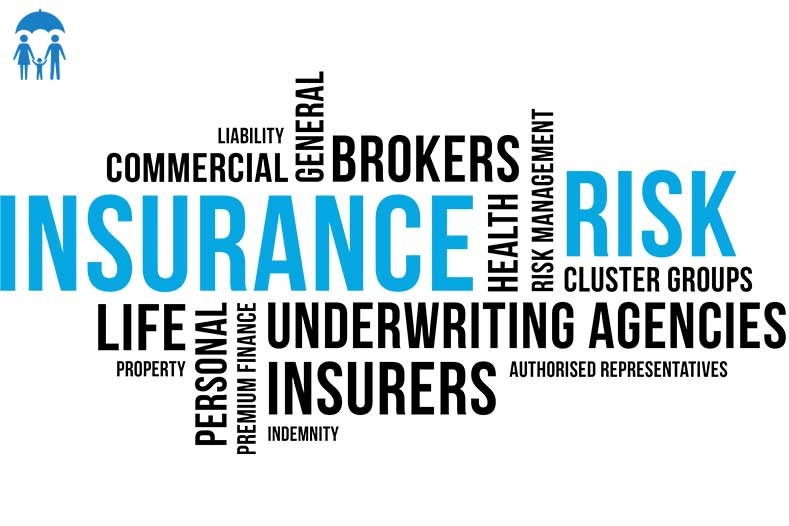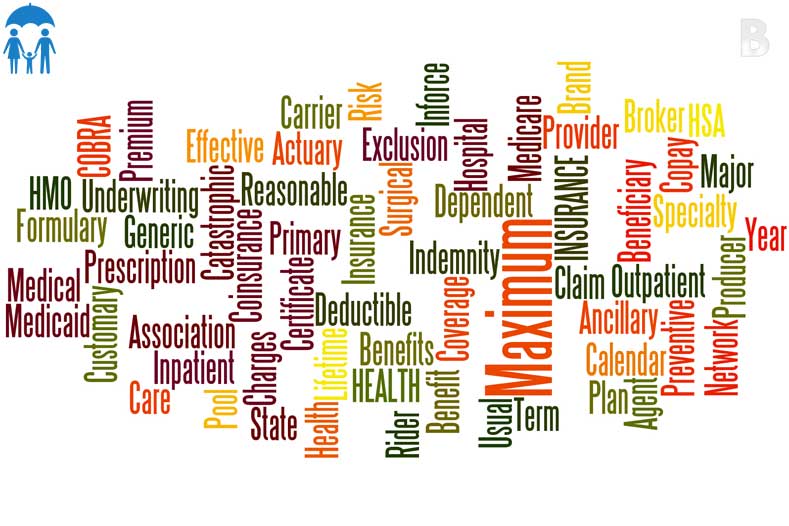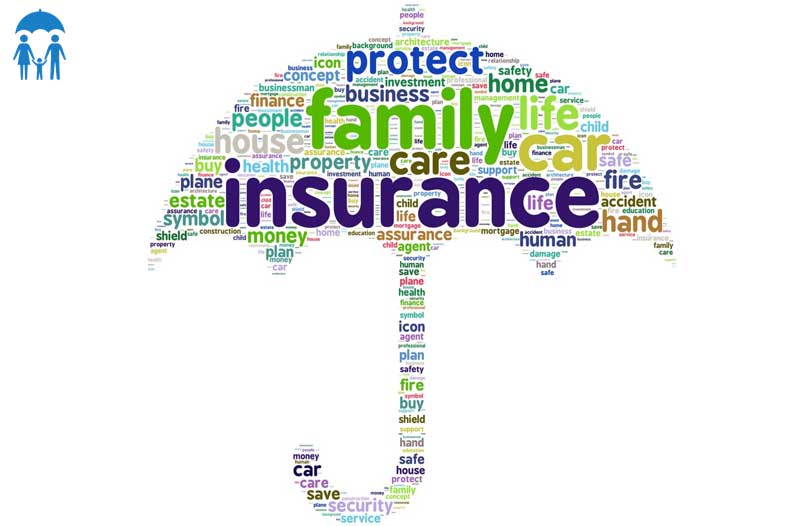E – Glossary of Insurance Terms
This page provides a glossary of insurance terms and definitions that are commonly used in the insurance business. New terms will be added to the glossary over time.
The definitions in this glossary are developed by the NAIC Research and Actuarial Department staff based on various insurance references. These definitions represent a common or general use of the term. Some words and/or phrases may be defined differently by other entities, or used in a context such that the definition shown may not be applicable. naic.org
E
Early warning system – a system designed by insurance industry regulators of identifying practices and risk-related trends that contribute to systemic risk by measuring insurer’ financial stability.
Earned Premium – portion of insured’s prepaid premium allocated to the insurance company’s loss experience, expenses, and profit year- to -date.
Earthquake – property coverages for losses resulting from a sudden trembling or shaking of the earth, including that caused by volcanic eruption. Excluded are losses resulting from fire, explosion, flood or tidal wave following the covered event.
EBNR – Earned but not reported – premium amount insurer reasonably expects to receive for which contracts are not yet final and exact amounts are not definite.
EDP Policies – coverage to protect against losses arising out of damage to or destruction of electronic data processing equipment and its software.
Effective Date – date at which an insurance policy goes into force.
Elevators and Escalators Liability – liability coverage for bodily injury or property damage arising from the use of elevators or escalators operated, maintained or controlled by the insured.
Employee Benefit Liability – liability protection for an employer for claims arising from provisions in an employee benefit insurance plan provided for the economic and social welfare of employees. Examples of items covered are pension plans, group life insurance, group health insurance, group disability income insurance, and accidental death and dismemberment.
Employee Retirement Income Security Act of 1974 (ERISA) – a federal statute governing standards for private pension plans, including vesting requirements, funding mechanisms, and plan design.
Employers Liability – employers’ liability coverage for the legal liability of employers arising out of injuries to employees. This code should be used when coverage is issued as an endorsement, or as part of a statutory workers’ compensation policy.
Employment Practices Liability Coverage – liability insurance for employers providing coverage for wrongful termination, discrimination, or sexual harassment of the insured’s current or former employees.
Encumbrance – outstanding mortgages or other debt related to real estate and any unpaid accrued acquisition or construction costs.
Endorsement – an amendment or rider to a policy adjusting the coverages and taking precedence over the general contract.
Enrollment – The total number of plans, not the total number of covered lives, providing coverage to the enrollee and their dependents.
Environmental Impairment Liability (EIL) – coverage for negligence or omission resulting in pollution or environmental contamination.
Environmental Pollution Liability – liability coverage of an insured to persons who have incurred bodily injury or property damage from acids, fumes, smoke, toxic chemicals, waste materials or other pollutants.
Equity Indexed Annuity – a fixed annuity that earns interest or provides benefits that are linked to an external reference or equity index, subject to a minimum guarantee.
Errors and Omissions Liability | Professional Liability other than Medical – liability coverage of a professional or quasi professional insured to persons who have incurred bodily injury or property damage, or who have sustained any loss from omissions arising from the performance of services for others, errors in judgment, breaches of duty, or negligent or wrongful acts in business conduct.
Event Cancellation – coverage for financial loss because of the cancellation or postponement of a specific event due to weather or other unexpected cause beyond the control of the insured.
Excess and Umbrella Liability – liability coverage of an insured above a specific amount set forth in a basic policy issued by the primary insurer; or a self insurer for losses over a stated amount; or an insured or self insurer for known or unknown gaps in basic coverages or self insured retentions.
Excess of Loss Reinsurance – loss sharing mechanism where an insurer pays all claims up to a specified amount and a reinsurance company pays any claims in excess of stated amount.
Excess Workers’ Compensation – either specific and/or aggregate excess workers’ compensation insurance written above an attachment point or self-insured retention.
Expense Ratio – percentage of premium income used to attain and service policies. Derived by subtracting related expenses from incurred losses and dividing by written premiums.
Experience Rating – rating system where each group is rated entirely on the basis of its own expected claims in the coming period, with retrospective adjustments for prior periods. This method is prohibited under the conditions for federal qualification.
Exposure – risk of possible loss.
Extra Expense Insurance – a type of property insurance for extraordinary expenses related to business interruption such as a back-up generator in case of power failure.




